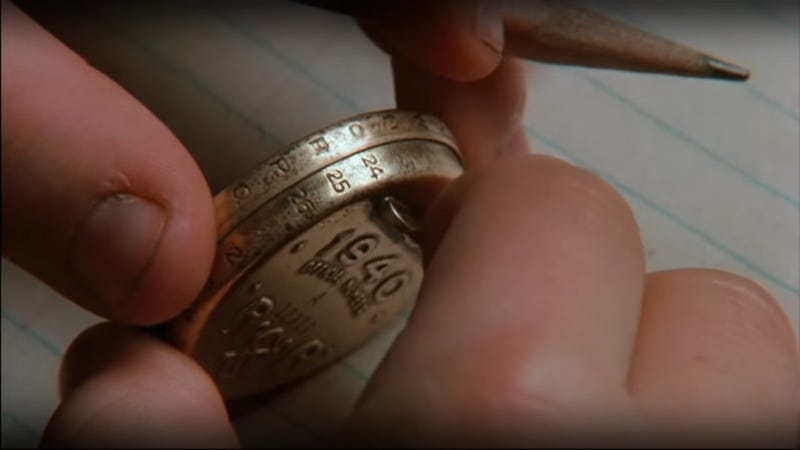At my first job out of college, I was working really hard, going above and beyond, doing stuff that wasn’t required or requested that still helped out the business. But nobody noticed!
So, one day, I asked my boss, what’s the point of trying so hard if no one sees it? It’s not going to get me a promotion or a raise. I could just skate by like everyone else, and nothing would change for me, except maybe getting some extra free time.
My boss said, “Of course I’m not going to notice all those things. I’m too busy doing them myself. But if you keep doing it, eventually I’ll notice some of them. And I’m also going to notice I’m not noticing anyone else doing it.”
God is omniscient and omnipresent, so He definitely notices everything. But it’s worth considering what kind of example you’re setting for your fellow human beings.
Reading 1
Is 58:7-10
Thus says the LORD: Share your bread with the hungry, shelter the oppressed and the homeless; clothe the naked when you see them, and do not turn your back on your own. Then your light shall break forth like the dawn, and your wound shall quickly be healed; your vindication shall go before you, and the glory of the LORD shall be your rear guard. Then you shall call, and the LORD will answer, you shall cry for help, and he will say: Here I am! If you remove from your midst oppression, false accusation and malicious speech; if you bestow your bread on the hungry and satisfy the afflicted; then light shall rise for you in the darkness, and the gloom shall become for you like midday.
In the verses just before this, the people complain that they’re fasting, yet God doesn’t seem to notice. Isaiah points out that, while they’re fasting, they’re really focusing on their earthly pursuits (business, getting into fights, stuff like that). Simply refraining from eating for a little bit isn’t going to do any good.
This passage is his suggestion instead. If you’re going without food, give that food to someone who needs. Offer clothing and shelter. Doing good with your time and energy is something God will notice.
Responsorial Psalm
Ps 112:4-5, 6-7, 8-9
R. The just man is a light in darkness to the upright.
Light shines through the darkness for the upright;
he is gracious and merciful and just.
Well for the man who is gracious and lends,
who conducts his affairs with justice.
R. The just man is a light in darkness to the upright.
He shall never be moved;
the just one shall be in everlasting remembrance.
An evil report he shall not fear;
his heart is firm, trusting in the LORD.
R. The just man is a light in darkness to the upright.
His heart is steadfast; he shall not fear.
Lavishly he gives to the poor;
His justice shall endure forever;
his horn shall be exalted in glory.
R. The just man is a light in darkness to the upright.
Today’s Gospel reading is the famous “light under a bushel basket” parable, which we all learned as children means to not hide your gifts for the world.
But this psalm is kind of the opposite. Even though we’re meant to be the light for the world, we need a light ourselves. We can’t do it by ourselves.
Reading 2
1 Cor 2:1-5
When I came to you, brothers and sisters, proclaiming the mystery of God, I did not come with sublimity of words or of wisdom. For I resolved to know nothing while I was with you except Jesus Christ, and him crucified. I came to you in weakness and fear and much trembling, and my message and my proclamation were not with persuasive words of wisdom, but with a demonstration of Spirit and power, so that your faith might rest not on human wisdom but on the power of God.
Paul wants to be an example to the Corinthians (“shine a light for them,” in Jesus’ phrase). He doesn’t think his words will be persuasive.1 But he showed them signs from God, so they'll believe in God, not Paul.
Miracles aren’t just for the benefit of the recipient, Paul knows. They’re signs, so that witnesses can see the work of God, and tell others about it. So he demonstrated his faith and power that comes from God, not himself. Not for his own self-aggrandizement—he doesn’t take credit—but for God’s Glory.
Alleluia
Jn 8:12
R. Alleluia, alleluia.
I am the light of the world, says the Lord;
whoever follows me will have the light of life.
R. Alleluia, alleluia.
Jesus lights the way.
Gospel
Mt 5:13-16
Jesus said to his disciples: "You are the salt of the earth. But if salt loses its taste, with what can it be seasoned? It is no longer good for anything but to be thrown out and trampled underfoot. You are the light of the world. A city set on a mountain cannot be hidden. Nor do they light a lamp and then put it under a bushel basket; it is set on a lampstand, where it gives light to all in the house. Just so, your light must shine before others, that they may see your good deeds and glorify your heavenly Father."
Salt doesn’t usually lose it’s flavor. That’d be weird, right? But apparently, if you get salt from the Dead Sea, it can lose it’s flavor, because it’s chemically impure. Weird.
Anyway, this parable—or really, series of metaphors—doesn’t really require a Little Orphan Annie decoder ring to decipher.
Jesus wants you to openly declare the good news. Don’t hide it for yourself. Pairing this with the reading from Isaiah is a smart idea, too. You’re not going to win over many converts by talking a lot. Doing good in the world will be the sign people see. Even if it’s not a literal miracle, like Paul performs, you can still be a little miracle in someone’s life, and bring a little bit of Christ’s light to their lives.
Which is a weird thing to say for a guy who write as much as he does.





